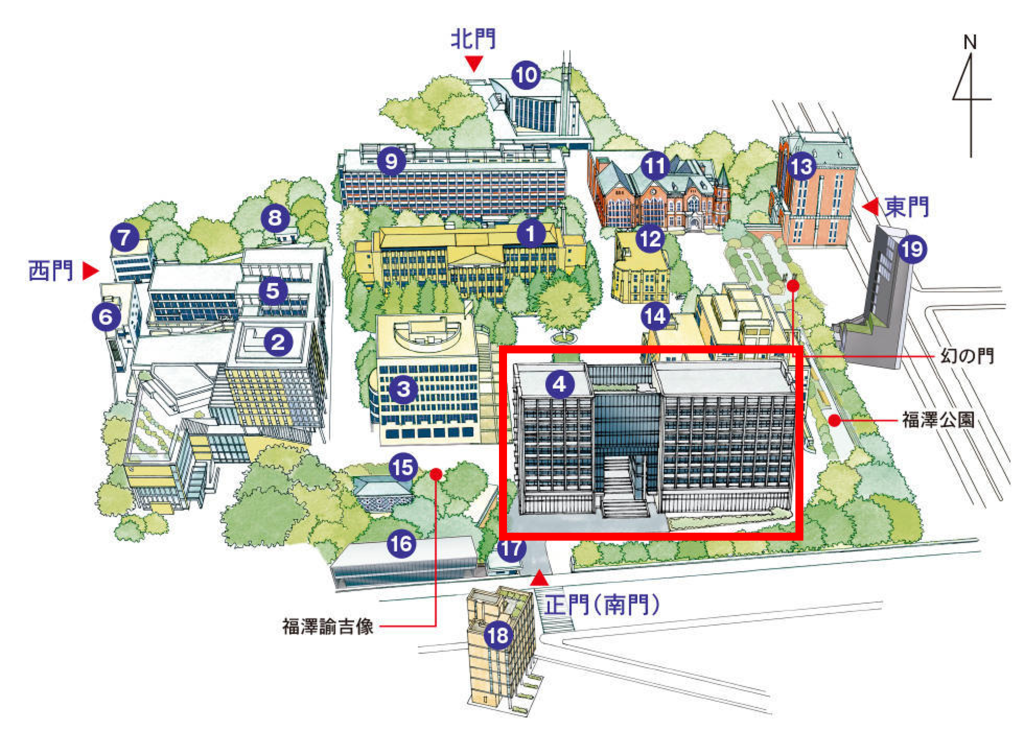NEWS&EVENTS
-
EVENT
Keio University welcomes Prof. Aija Leiponen of Cornell University to speak to audiences in Tokyo.

【Speaker】
Prof. Aija Leiponen
Professor, Strategy and Business Economics
Program Director, Master of Professional Studies
Senior Director of Programs
The Charles H. Dyson School of Applied Economics and Management
Cornell SC Johnson College of Business
Cornell University
https://business.cornell.edu/faculty-research/faculty/ael24/
【Date & Time】Thursday, April 17, 2025 16:40-18:10
【Venue】Classroom 421, 2F, South School Building, Mita Campus, Keio University
https://www.keio.ac.jp/en/maps/mita.html

【Format】In-person Only
【Eligibility】Open to everyone. Prior registration is not necessary.
【Language】English Only (No Translation)
【Capacity】~200
【Host】Keio University Cyber-Physical Sustainability Center (CPS Center)
【Supported by】Faculty of Law and Graduate School of Law, Keio University
【Fees】Free
【Contact】info-cps-group@keio.jp
【Abstract from the Speaker】
As digital transformation and artificial intelligence reshape competitive advantage, firms increasingly rely on data assets to drive innovation and efficiency. However, growing regulatory scrutiny over data privacy and data security has imposed new compliance burdens on firms. We examine the financial performance implications of firms’ responses to data protection regulations, focusing on both mandatory regulatory pressures and voluntary pressures arising from competitive forces and industry-wide data breaches.
Firms signal regulatory compliance through increased attention to data protection (evidenced in corporate disclosures in annual reports) and the adoption of new data governance practices, including advanced data security technologies and data-related organizational features. However, despite these signals, firms experience lower market valuation, on average. We infer that while signaling enhanced data protection demonstrates responsiveness to restrictive regulation, it does not confer competitive differentiation, particularly given the intangible nature of data protection and the challenges of credibly communicating its effectiveness to market participants. Firms incur substantial compliance costs without clear short-term revenue gains. Regulations also increase investments in R&D but reduce patent applications. Nevertheless, firms with stronger technological capabilities, particularly those with proprietary data-processing technologies, and firms with larger market shares are less adversely affected, as they can implement compliance measures more efficiently.
*This research is supported by: JST Moonshot Program, JPMJMS2215 as part of CPS Research Group.

